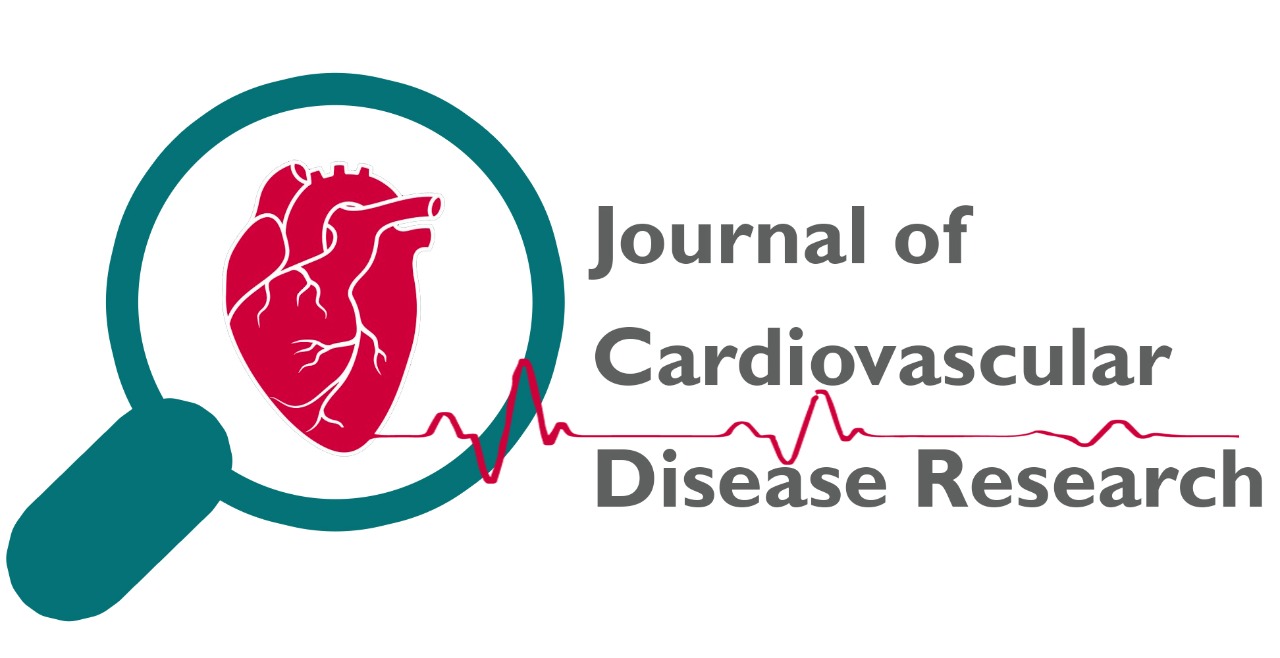
A Study of Inflammatory and Non-Inflammatory markers in COVID-19 infected Patients
Balasaheb. H. Jadhav, Yashpal Shankarrao Mahindrakar, Sagar Nanaso Salunkhe, Soham Sagar Salunkhe
JCDR. 2023: 1182-1191
Abstract
COVID-19 is highly transmissible in humans with mild flu-like symptoms, but some patients, especially the elderly and people with underlying diseases, evolve critical condition and rapidly develop acute respiratory distress syndrome, respiratory failure, multiple organ disorder and death. The rapid viral replication of SARS-COV-2 gives rise to inflammatory response, cellular destruction and induces the release of cytokines and chemokines then activate immune responses, leading to cytokine storms and aggravations. The RT-PCR test remains gold standard as it detect virus nucleic acid but it is time consuming and has a high prevalence of false negative results. Several inflammatory markers have some tracing and detecting accuracy for disease severity and fatality. Para-clinical investigations including laboratory tests and radiologic findings play an important role in early diagnosis and treatment monitoring of severe acute respiratory syndrome and COVID-19. This study aims to explore the evaluation of inflammatory and non-inflammatory parameters in the disease pathogenesis of COVID-19 and assess how their levels vary depending on the severity of the disease. By doing so, it gives clinicians a tool to group patients and predict prognosis and mortality. The inflammatory parameters included Ferritin, Lactate dehydrogenase (LDH), D-dimer, Interleukin 6 (IL6) and non-inflammatory parameters includes Glucose, Urea, Creatinine, SGOT, SGPT in Covid-19 infected patients. Total subjects were divided in three groups that is control, Group 1 is covid-19 positive patients without comorbidities and Group 2 is covid-19 positive patients with comorbidities. As compared to control Ferritin, LDH, IL6, D-Dimer significantly increased in Group 1 & Group 2, and further as compared with Group 1, these inflammatory parameters significantly elevated in Group 2. As compared to control, Blood Glucose, Urea, Creatinine, SGOT, and SGPT statistical not different in Group 1 but when compared with Group -2 these parameters significantly increased. Further as compared to Group 1 Blood Glucose, Urea, Creatinine, SGOT, and SGPT significantly increased in Group 2. As compared to control Total protein and Albumin statistically not different in Group 1 & Group 2, and there was no any statistical difference in the levels of Total protein and albumin in Group 1 and Group 2. This change of levels of parameters is used as an adjunct in clinical practice to guide treatment and admission to Intensive care unit and also it may improve prognosis and decrease the mortality rates.
Description
Volume & Issue
Volume 14 Issue 2
Keywords
|
This is an open access journal which means that all content is freely available without charge to the user or his/her institution. Users are allowed to read, download, copy, distribute, print, search, or link to the full texts of the articles in this journal without asking prior permission from the publisher or the author. This is in accordance with the Budapest Open Access Initiative (BOAI) definition of open access.
The articles in Journal of Cardiovascular Disease Research are open access articles licensed under the terms of the Creative Commons Attribution Non-Commercial License (http://creativecommons.org/licenses/by-nc-sa/3.0/) which permits unrestricted, non-commercial use, distribution and reproduction in any medium, provided the work is properly cited. |
|
|
|
|
|
Copyright � 2022 Journal of Cardiovascular Disease Research All Rights Reserved. Subject to change without notice from or liability to Journal of Cardiovascular Disease Research.
For best results, please use Internet Explorer or Google Chrome POLICIES & JOURNAL LINKS
Author Login
Reviewer Login About Publisher Advertising Policy Author's Rights and Obligations Conflict of Interest Policy Copyright Information Digital Archiving & Preservation Policies Editorial Policies Peer Review Policy Editorial & Peer Review Process License Information Plagiarism Policy Privacy Policy Protection of Research Participants (Statement On Human And Animal Rights) Publication Ethics and Publication Malpractice Statement Corrections, Retractions & Expressions of Concern Self-Archiving Policies Statement of Informed Consent Terms of Use |
Contact InformationJournal of cardiovascular Disease Research,
|




